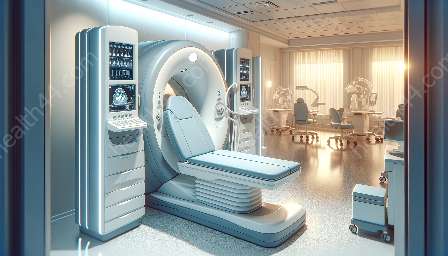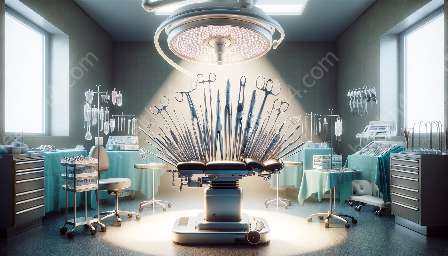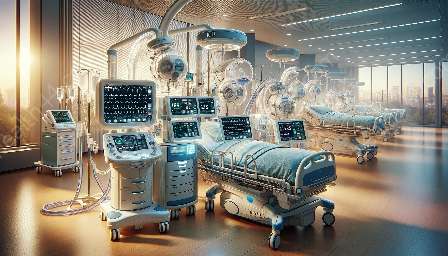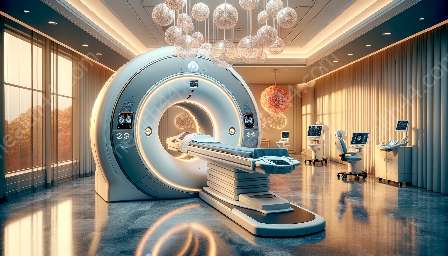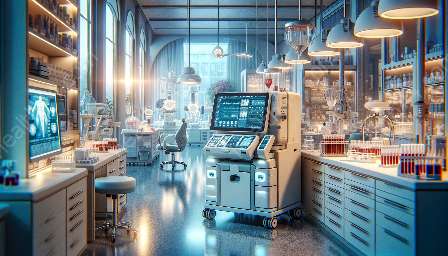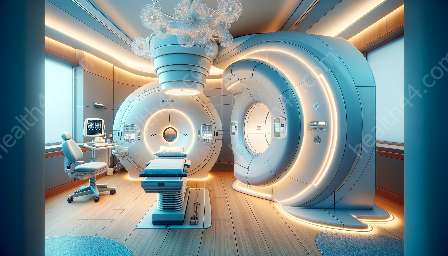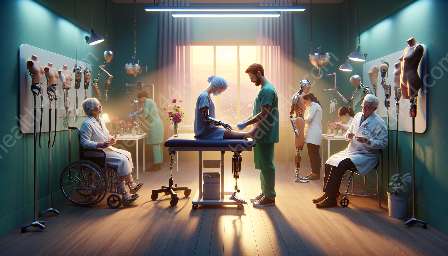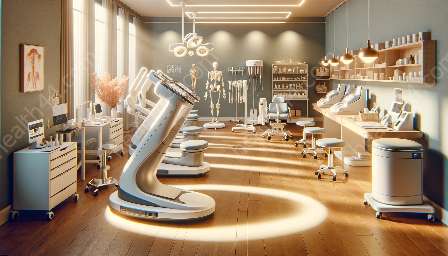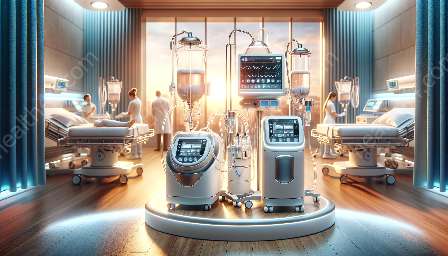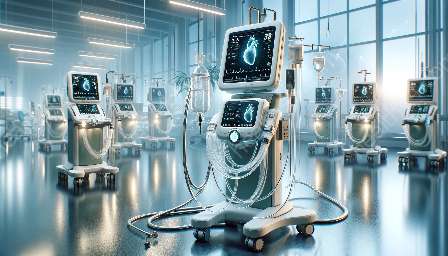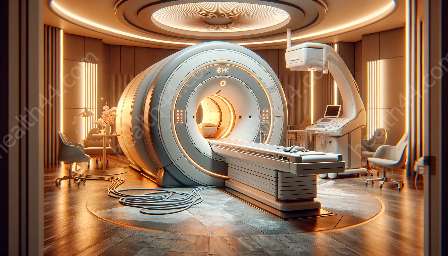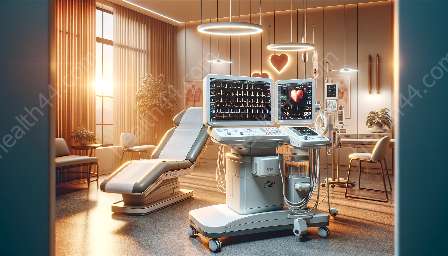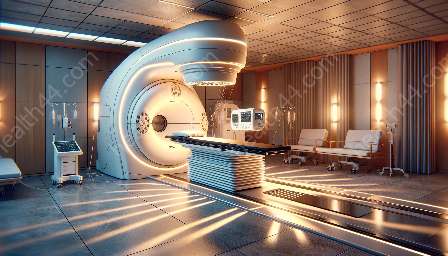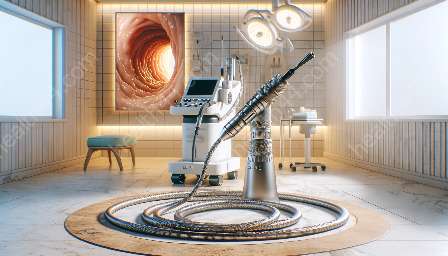Dialysis machines play a critical role in the treatment of chronic kidney disease and other health conditions requiring renal support. These medical devices and equipment have revolutionized the field of health, providing essential care for patients in need.
Understanding Dialysis Machines
Dialysis machines are engineering marvels that mimic the natural function of the kidneys, filtering waste, water, and electrolytes from the blood. These devices are crucial for patients whose kidneys can no longer perform these functions effectively.
Dialysis machines are vital for ensuring the balance of important substances within the body, such as sodium, potassium, and bicarbonate. They help in maintaining proper fluid levels and removing waste products from the blood, effectively taking over the role of the kidneys.
Role in Chronic Kidney Disease Management
For individuals with chronic kidney disease (CKD), dialysis machines are lifelines. By regularly undergoing dialysis treatments, patients can manage their condition and lead fulfilling lives. Dialysis allows those with compromised kidney function to continue their daily activities while receiving vital medical support.
There are two main types of dialysis: hemodialysis and peritoneal dialysis. Hemodialysis, the most common form, involves the use of dialysis machines to filter the patient's blood outside the body, while peritoneal dialysis uses the body's own peritoneum as a natural filter. Both methods rely on the efficient operation of dialysis machines.
Advancements in Dialysis Technology
Over the years, significant advancements have been made in dialysis machine technology, leading to improved efficiency, safety, and patient comfort. Modern dialysis machines are equipped with highly sophisticated sensors and monitoring systems to ensure precise treatment delivery and minimize potential risks.
Moreover, the integration of digital interfaces and connectivity features has enabled healthcare professionals to remotely monitor and adjust dialysis parameters, enhancing patient care while promoting convenience and flexibility.
Impacting Healthcare
The impact of dialysis machines extends beyond the realm of kidney disease. These devices are indispensable in critical care settings, where patients with acute kidney injury or other renal complications require immediate intervention. Dialysis machines are instrumental in stabilizing the health of such patients and providing the necessary support for recovery.
Furthermore, dialysis machines contribute to the overall quality of life for individuals reliant on ongoing dialysis treatments. With the ability to receive regular dialysis sessions, patients can mitigate the adverse effects of kidney failure and maintain a semblance of normalcy in their daily routines.
Evolution of Health Technology
The progression of dialysis machines showcases the continuous evolution of health technology. With ongoing research and development efforts, manufacturers are striving to enhance the performance, ease of use, and overall patient experience associated with dialysis treatments.
As the demand for improved medical devices and equipment grows in tandem with the increasing prevalence of chronic diseases, including kidney-related ailments, the role of dialysis machines in health management is poised to become even more prominent.
Conclusion
Dialysis machines are integral components of modern healthcare, providing vital support for individuals grappling with kidney dysfunction and related health challenges. The ongoing advancement of these medical devices and equipment offers hope for improved patient outcomes and underscores the crucial intersection of innovation, technology, and health.

